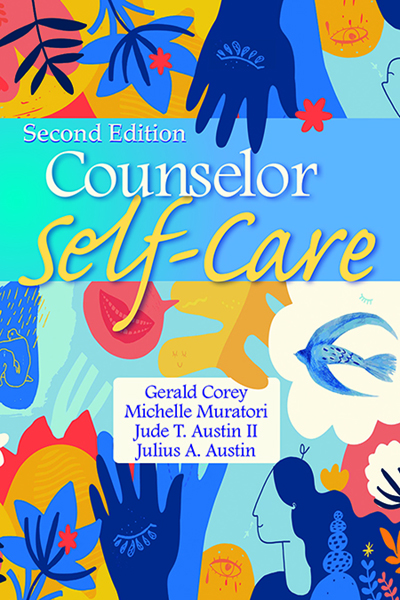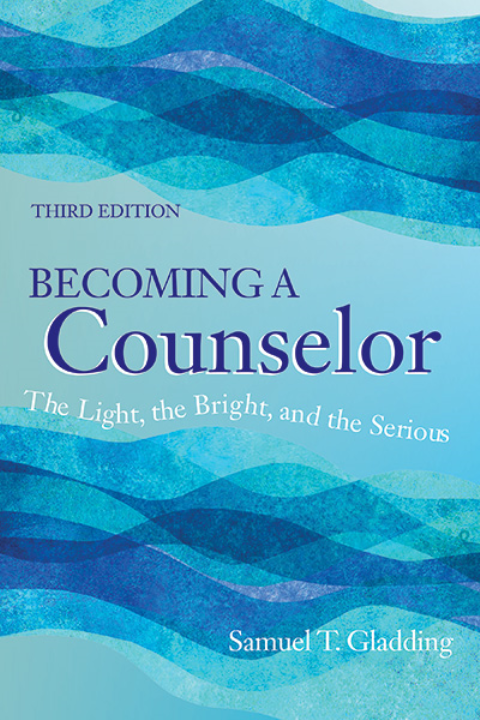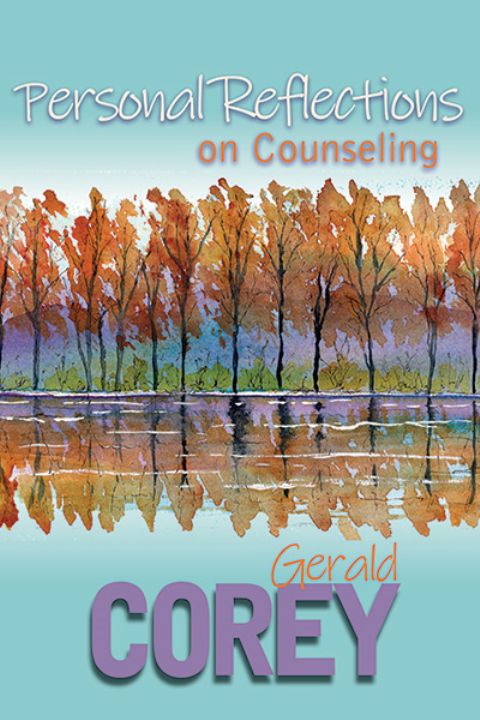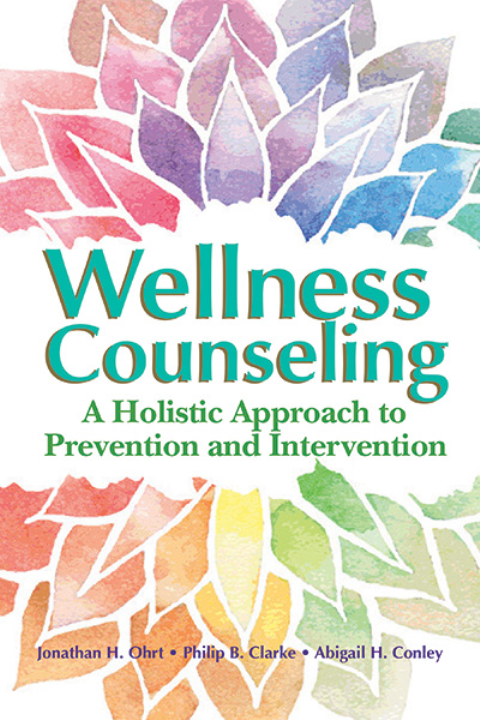
Raise Awareness & Combat Stigma Surrounding Mental Health
While one in five people will experience a mental illness over the course of their lives, everyone will face challenges that can and will affect their mental health. Many people who face these challenges will be able to receive help from a professional counselor. In addition to helping those seeking holistic wellness, professional counselors need to be able to care for their own mental health.
During the month of May, the American Counseling Association is proud to join the national movement to raise awareness and combat the stigma surrounding mental health. Here, we present resources and tips to help both counselors and the public focus on their mental health and wellbeing.
Resources For the General Public
-
 Not The Right Counselor? It’s Okay to Make a Change.3 min read
Not The Right Counselor? It’s Okay to Make a Change.3 min readDeveloping a strong relationship between a counselor and client is a crucial part of the counseling process. Just like in any other relationship, not every pairing is the right fit, and recognizing that is a sign of self-awareness, not failure.
-
 Facing a Problem or Challenge? A Counselor Can Help.3 min read
Facing a Problem or Challenge? A Counselor Can Help.3 min readWhen you’re looking for a professional counselor, you may notice that many providers offer specialties that can align with your individual needs, preferences, and insurance coverage.
-
 Personal Identity and the Importance of Respecting Pronouns4 min read
Personal Identity and the Importance of Respecting Pronouns4 min readAccurately using a person’s pronouns is both a basic and critical way to show respect and support; acknowledge and validate the identity and sense of self of others; and ensure a sense of inclusion and belonging.
Tags:
Resources For Our Member Counselors
Counseling Today Articles
By Allie Kochert, LPC
November 2024
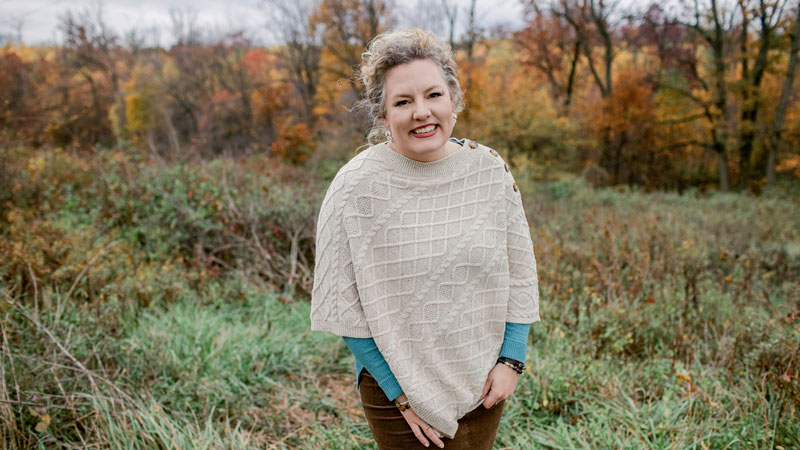
After tucking in my young kids for the night, I collapsed into bed. My husband was away on his second overnight shift in two days. I lay there alone, thinking of work the next day, and felt a drop in my stomach. I considered my clients, who deserved better than an exhausted shell of a therapist. My body started shaking, and I realized that something must change.
I knew this was not just the weariness that comes with juggling being a mother, counselor, spouse, friend, co-worker and daughter. It was deeper than that. I wasn’t depressed, but burnout didn’t seem like the right word. It was exhaustion layered with grief, longing, disappointment and frustration.
I had to get out of my head as much as out of the house. The next day, I took to the woods.
Rocky Ridge County Park is just a few miles from our Pennsylvania home. Over 750 acres of woods lie atop an outcrop of conglomerate sedimentary rocks well-known for birdwatching. The trails meander through stands of oaks, cherries and poplars, past pebble-strewn streams and vistas overlooking the valley, through meadows where weeds scratch my knees, and past vernal pools where spring peeper frogs begin their symphony on cue to the warmth of early spring sun.
It was here, held within a world that knew not of burnout but of the eternal seasonal cycle of renewal, that I was led back to myself.
Burnout isn’t something I could have prevented if I tried. It’s not that I didn’t have the resources to help myself but that underlying conditions — high expectations, secondary trauma, borderline unmanageable workload, lack of support and systemic injustices against female helpers — had become unsustainable.
The most painful result of my burnout? I grew disconnected from my meaning and purpose.
Feeling the soil underneath my feet on the park trails that day reminded me that everything has a season; everything lives and dies. The cycle of birth, death and renewal is constant and expected. This brought me a sense of peace and presence. I didn’t need to worry about what was to come when I embraced my own stillness in those woods.
Over time, I gained a new perspective on what burnout actually is: a natural human response to unnatural conditions. In the natural world, there is no burnout. There is no striving. There is no tomorrow — only today, here and now.
Today, my kids are older. My grief feels smaller. My world feels bigger, and my work does too. I now specialize in supporting healing professionals in their return to wholeness. And I still walk in those woods to remind me of the purpose for being — and that in being present, we are given back our soul.
Continuing Education
Related Publications
Related Events

Webinar: Counselor Self-Care
Presented March 7, 2024
Virtual
In this live webinar, we’ll share and discuss useful and practical guides for encouraging counselors to reflect on how well they are taking care of themselves in all aspects of living.
